Home / world / California earthquake: Tsunami warning canceled after 7.0-magnitude quake
California earthquake: Tsunami warning canceled after 7.0-magnitude quake
By: My India Times
1 minutes read 142Updated At: 2024-12-06

1. Right to Life: Immediate Protection and Rescue
Natural disasters, like California's recent 7.0 magnitude earthquake, emphasize the essential human right to life. Governments and organizations must deploy rapid rescue operations, ensuring every individual’s life is prioritized.
2. Right to Adequate Housing
With over 1.3 million people displaced, securing safe and accessible temporary housing is critical. Emergency shelters must meet basic needs, offering protection, privacy, and sanitation for all.
3. Access to Clean Water and Food
Disasters often disrupt supplies of clean water and food, essential for survival. Relief teams must ensure the delivery of safe drinking water, nutritious food, and essential supplies to prevent malnutrition and waterborne diseases.
4. Right to Health and Medical Care
Injuries and health crises spike during natural disasters. Ensuring immediate access to medical care, emergency treatment, and ongoing health services safeguards the right to health for affected populations.
5. Psychological Support and Rehabilitation
Disasters leave long-lasting psychological scars. Governments and NGOs must provide mental health counseling and trauma recovery programs, affirming the right to emotional well-being.
6. Protecting Vulnerable Populations
Marginalized groups, including children, elderly individuals, and those with disabilities, require targeted assistance. Relief efforts must be inclusive, ensuring no one is left behind.
7. Transparent Governance and Relief
Citizens have the right to accountability in disaster management. Relief funds and aid must be distributed transparently, avoiding corruption and ensuring fair access for all.
8. Disaster Preparedness: Building Resilience
Upholding the right to safety involves proactive measures. Investing in disaster-resistant infrastructure, early warning systems, and public education ensures communities are prepared for future crises.
9. Community-Led Recovery Efforts
Empowering communities to lead recovery efforts fosters resilience and self-reliance. Participation in rebuilding homes, schools, and infrastructure ensures respect for their agency and rights.
10. Global Solidarity and Cooperation
Human rights are universal. In times of disaster, international aid and collaboration reinforce solidarity, bridging gaps in resources and expertise to ensure affected communities recover with dignity.
1. Right to Life: Immediate Protection and Rescue
Natural disasters, like California's recent 7.0 magnitude earthquake, emphasize the essential human right to life. Governments and organizations must deploy rapid rescue operations, ensuring every individual’s life is prioritized.
2. Right to Adequate Housing
With over 1.3 million people displaced, securing safe and accessible temporary housing is critical. Emergency shelters must meet basic needs, offering protection, privacy, and sanitation for all.
3. Access to Clean Water and Food
Disasters often disrupt supplies of clean water and food, essential for survival. Relief teams must ensure the delivery of safe drinking water, nutritious food, and essential supplies to prevent malnutrition and waterborne diseases.
4. Right to Health and Medical Care
Injuries and health crises spike during natural disasters. Ensuring immediate access to medical care, emergency treatment, and ongoing health services safeguards the right to health for affected populations.
5. Psychological Support and Rehabilitation
Disasters leave long-lasting psychological scars. Governments and NGOs must provide mental health counseling and trauma recovery programs, affirming the right to emotional well-being.
6. Protecting Vulnerable Populations
Marginalized groups, including children, elderly individuals, and those with disabilities, require targeted assistance. Relief efforts must be inclusive, ensuring no one is left behind.
7. Transparent Governance and Relief
Citizens have the right to accountability in disaster management. Relief funds and aid must be distributed transparently, avoiding corruption and ensuring fair access for all.
8. Disaster Preparedness: Building Resilience
Upholding the right to safety involves proactive measures. Investing in disaster-resistant infrastructure, early warning systems, and public education ensures communities are prepared for future crises.
9. Community-Led Recovery Efforts
Empowering communities to lead recovery efforts fosters resilience and self-reliance. Participation in rebuilding homes, schools, and infrastructure ensures respect for their agency and rights.
10. Global Solidarity and Cooperation
Human rights are universal. In times of disaster, international aid and collaboration reinforce solidarity, bridging gaps in resources and expertise to ensure affected communities recover with dignity.
By: My India Times
Updated At: 2024-12-06
Tags: world News | My India Times News | Trending News | Travel News
Join our WhatsApp Channel














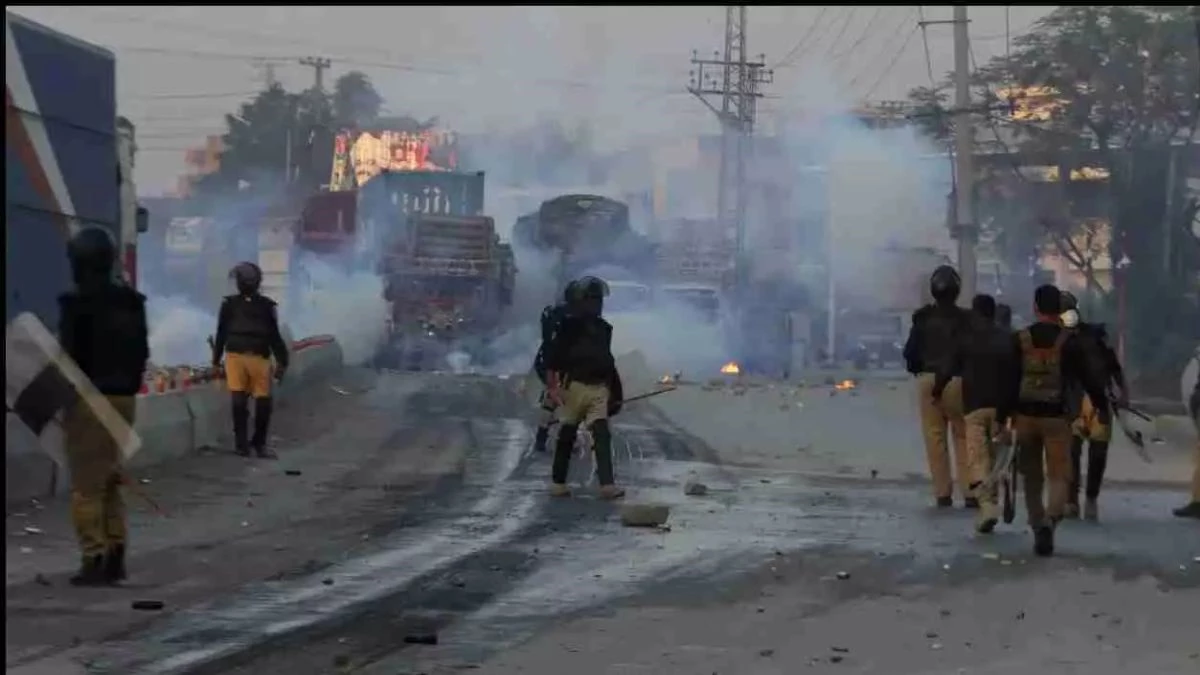

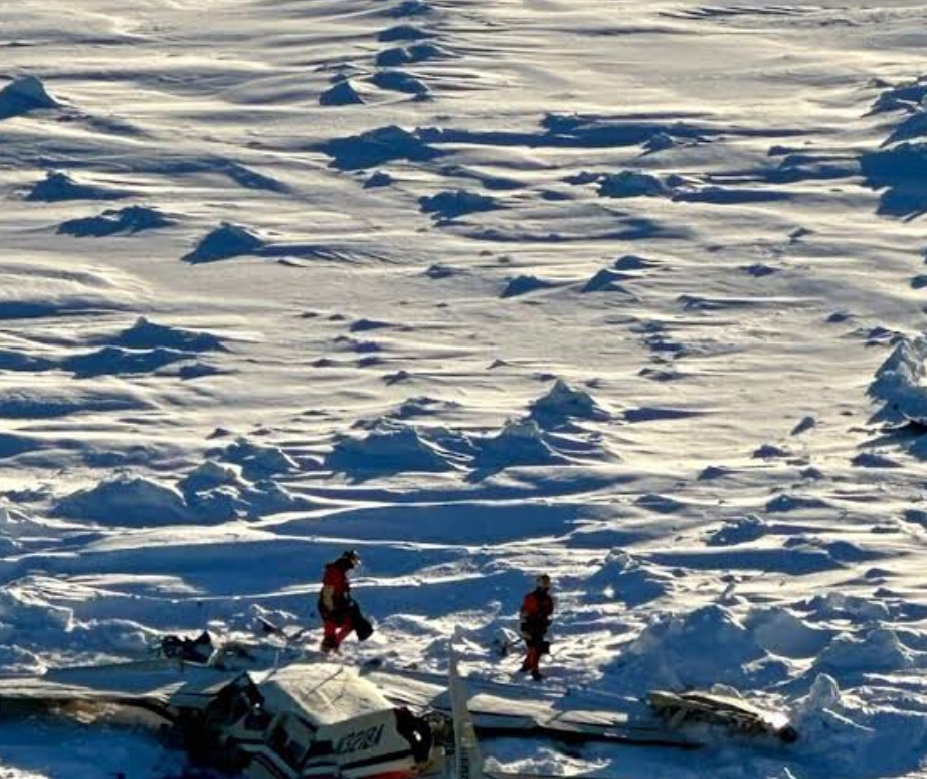

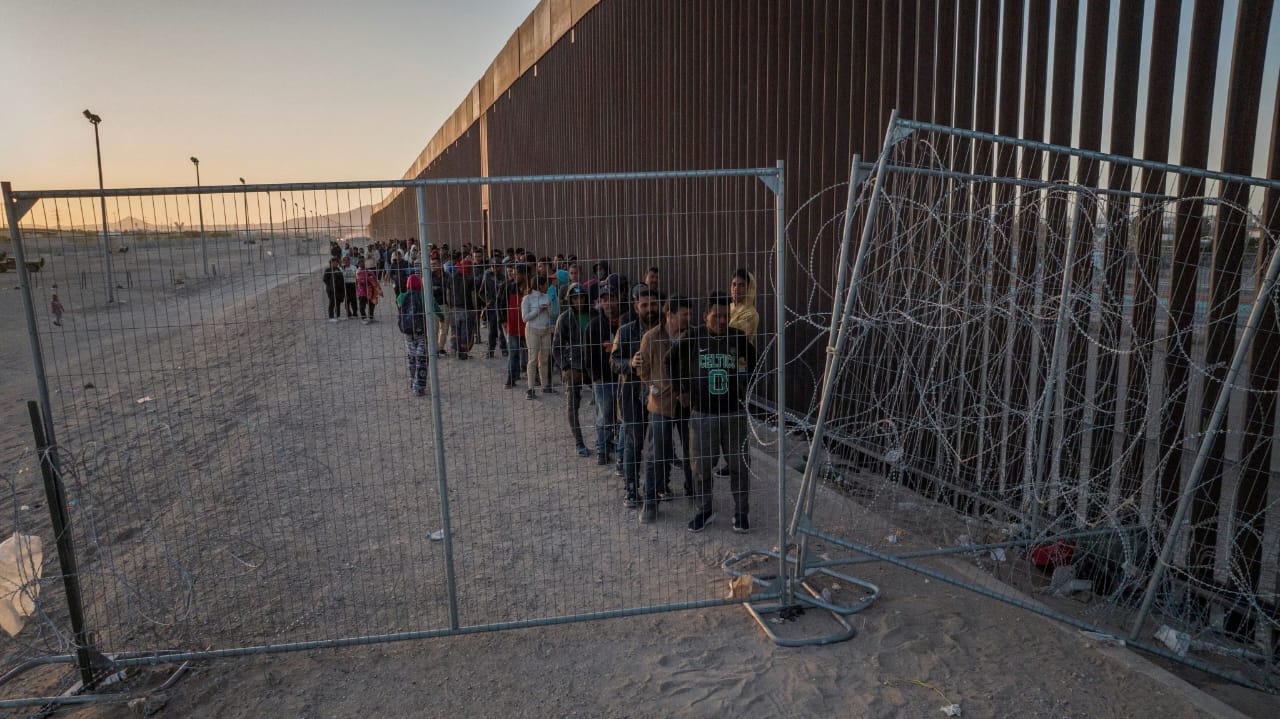

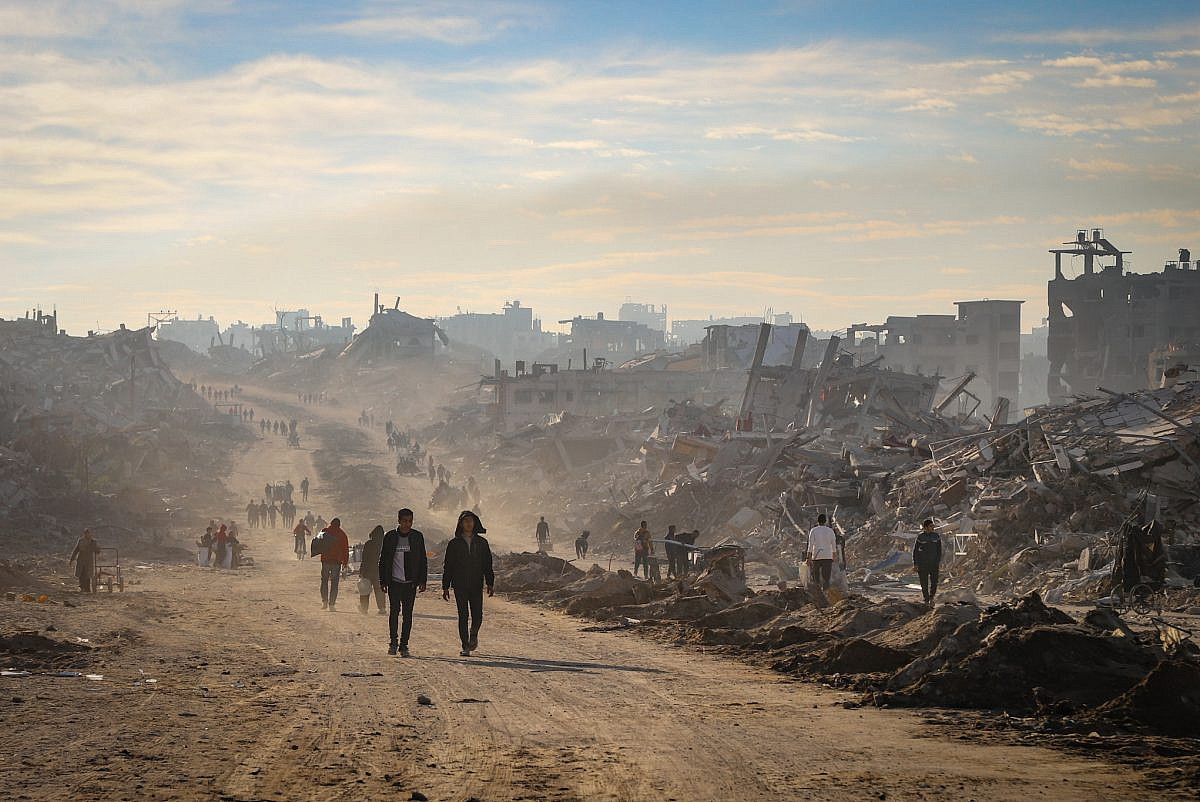
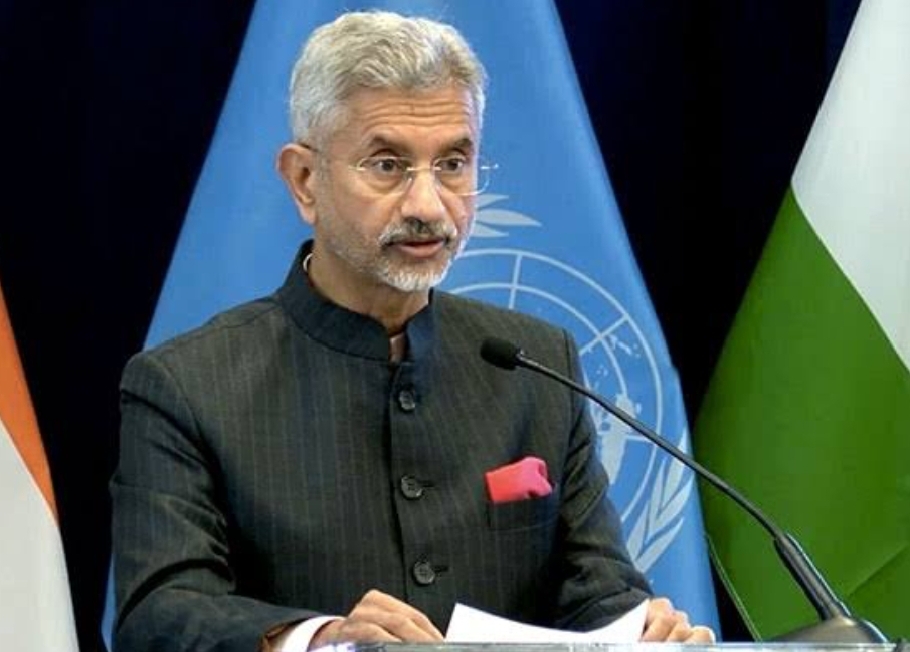
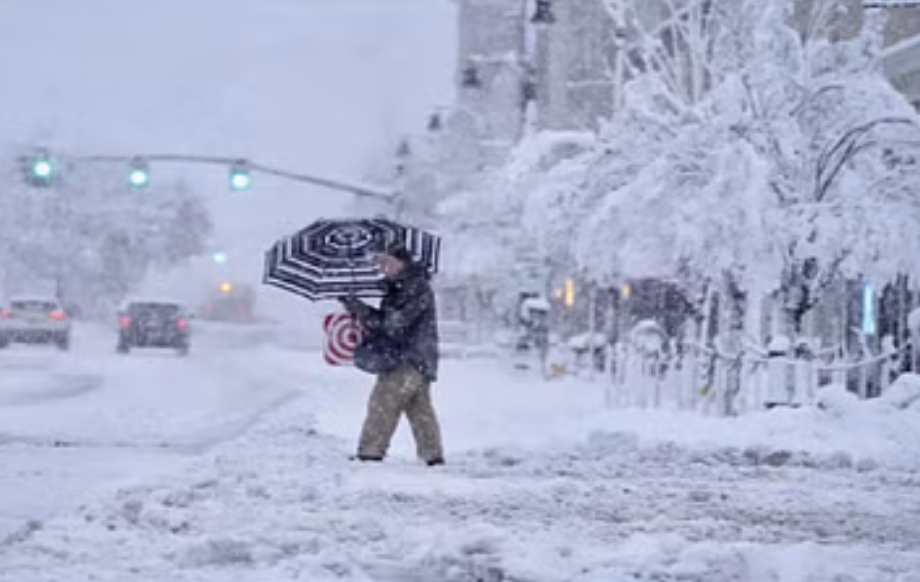
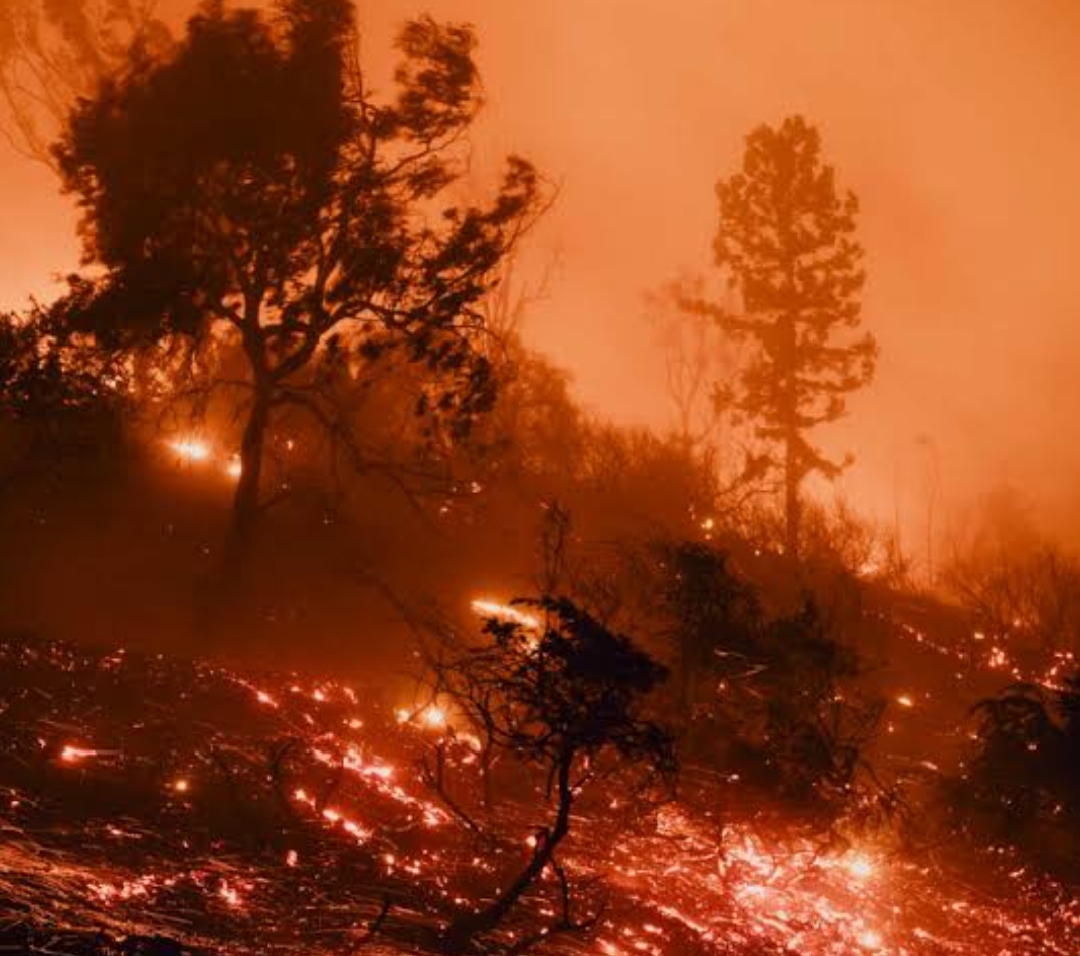



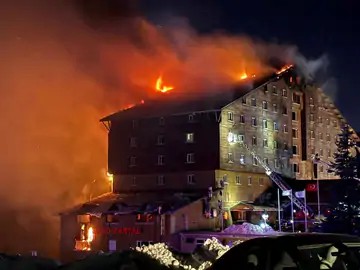
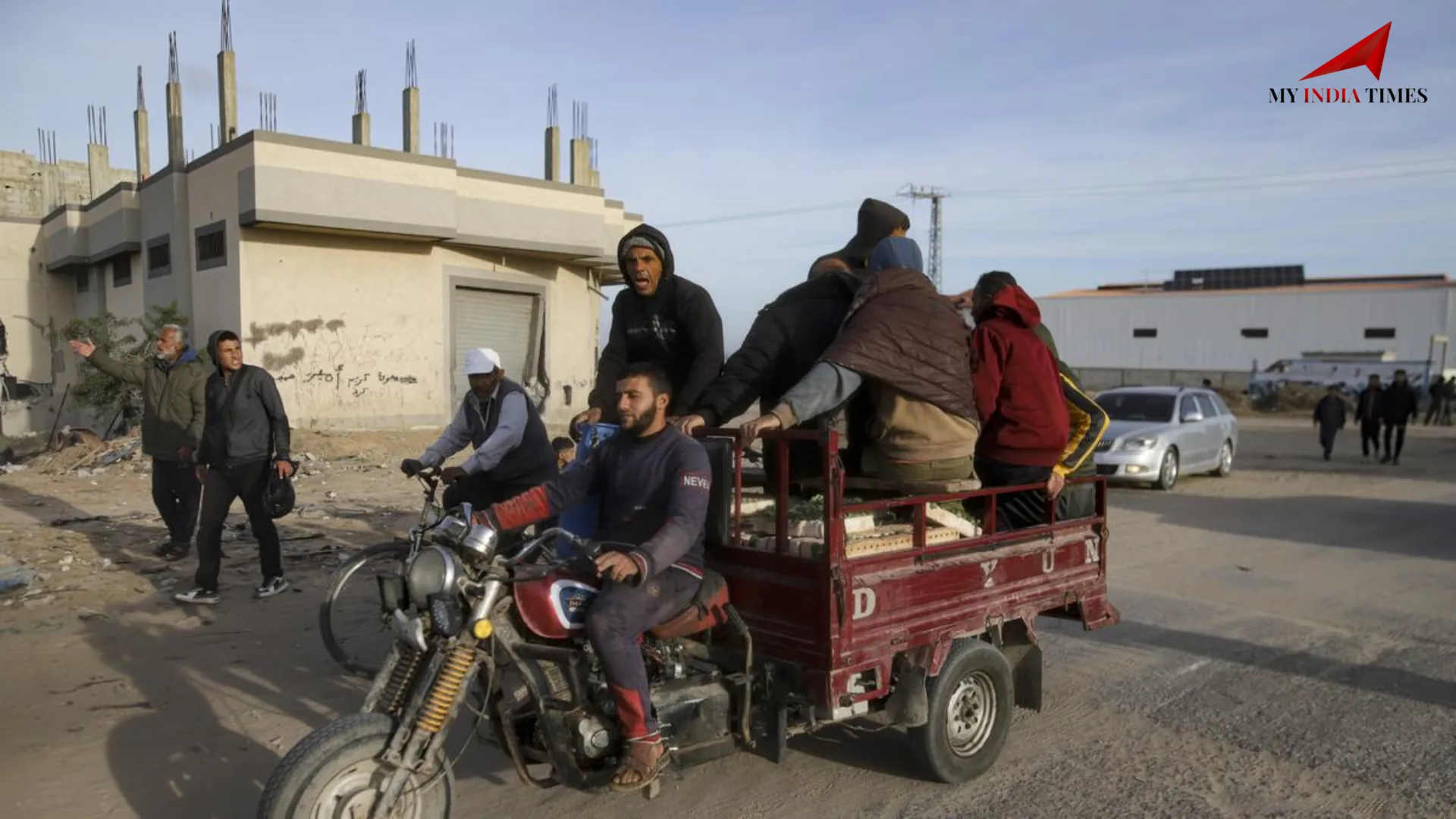


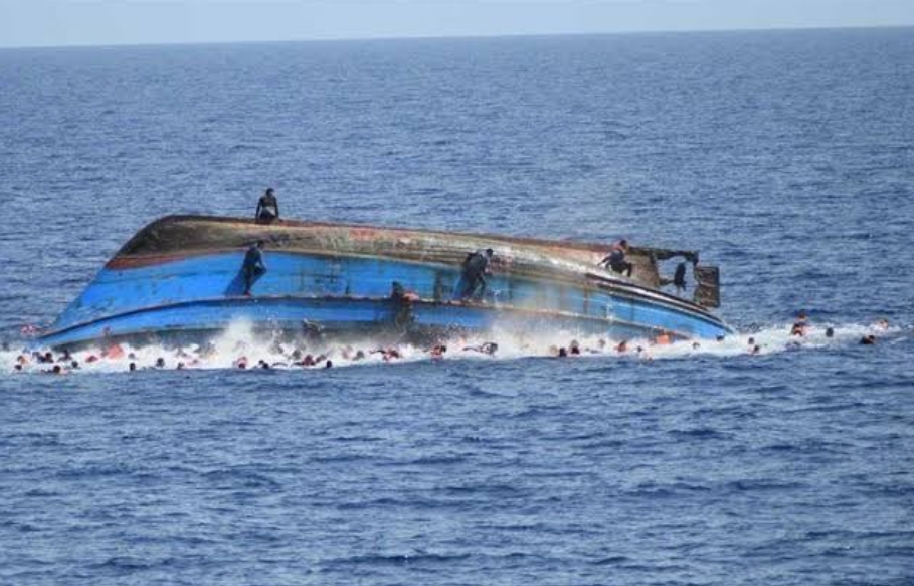

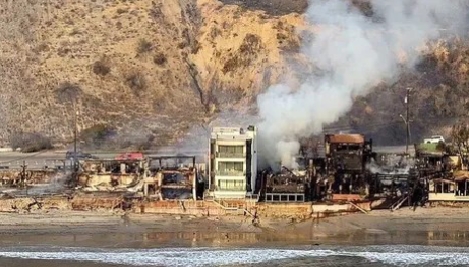



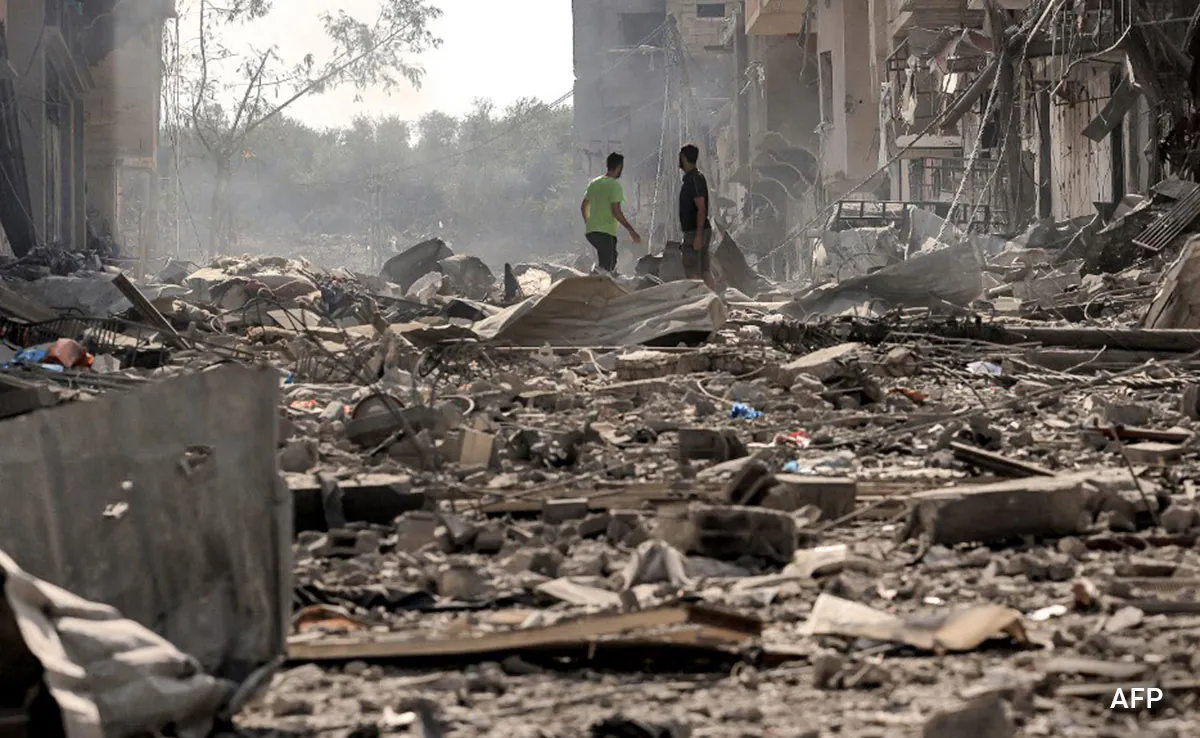








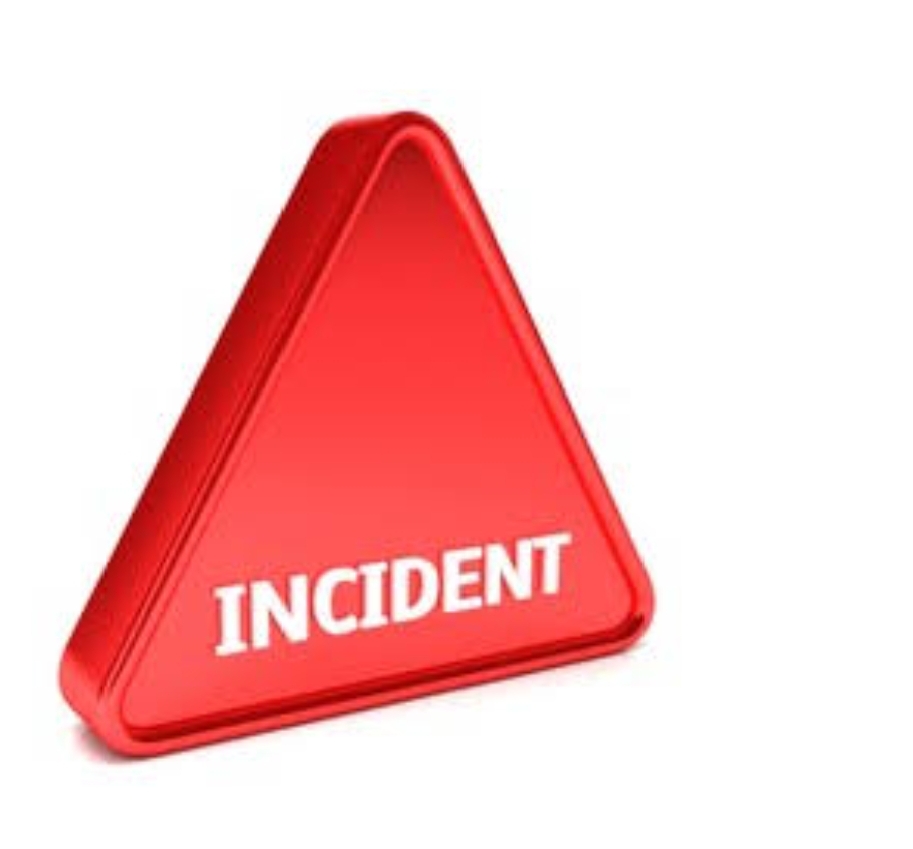



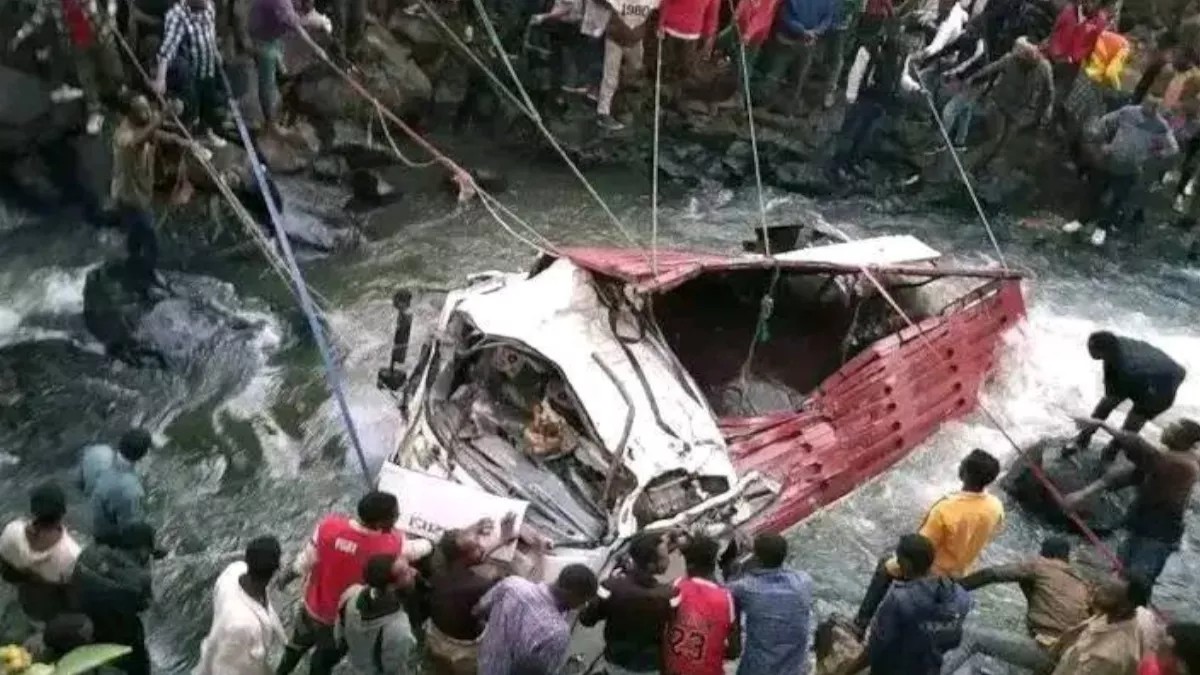
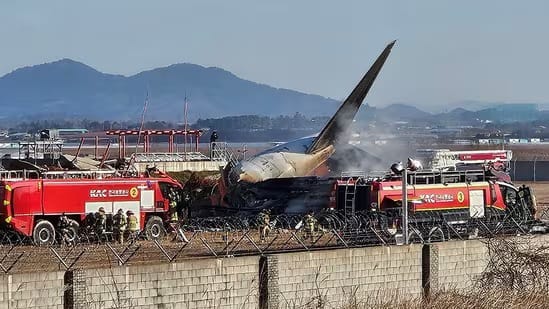
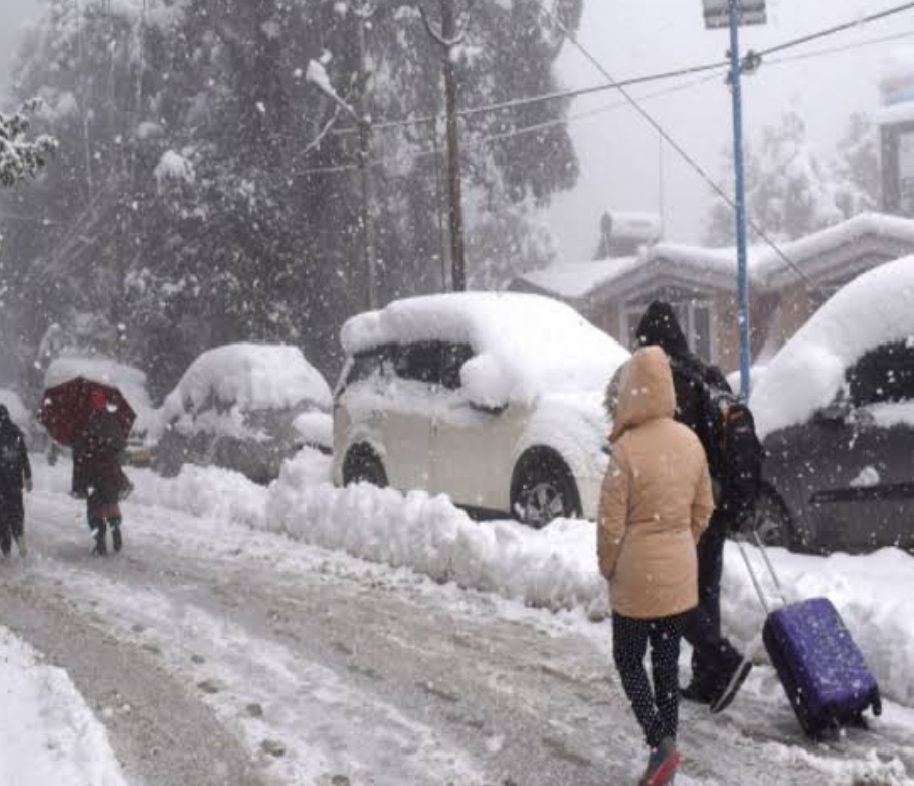

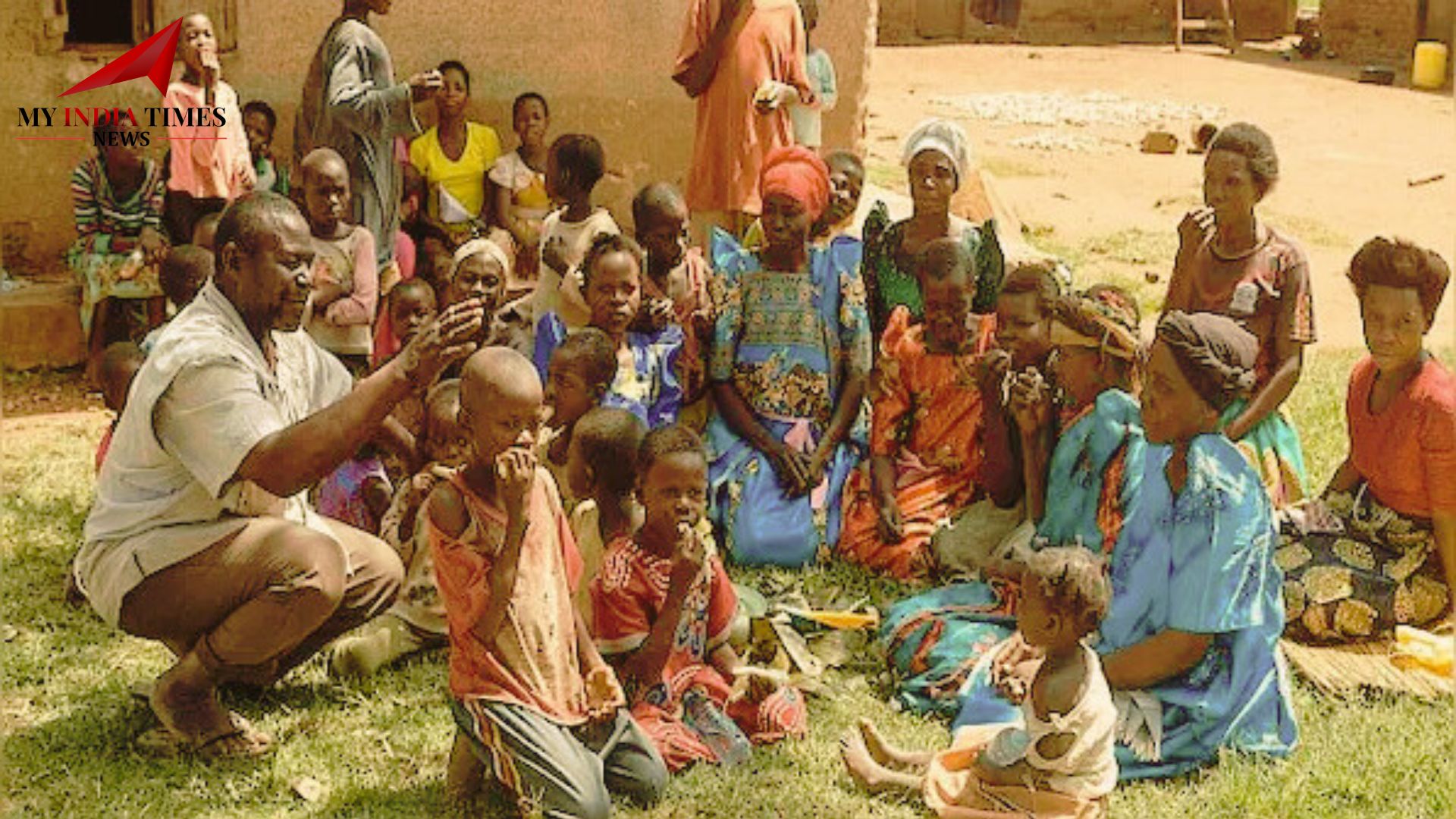
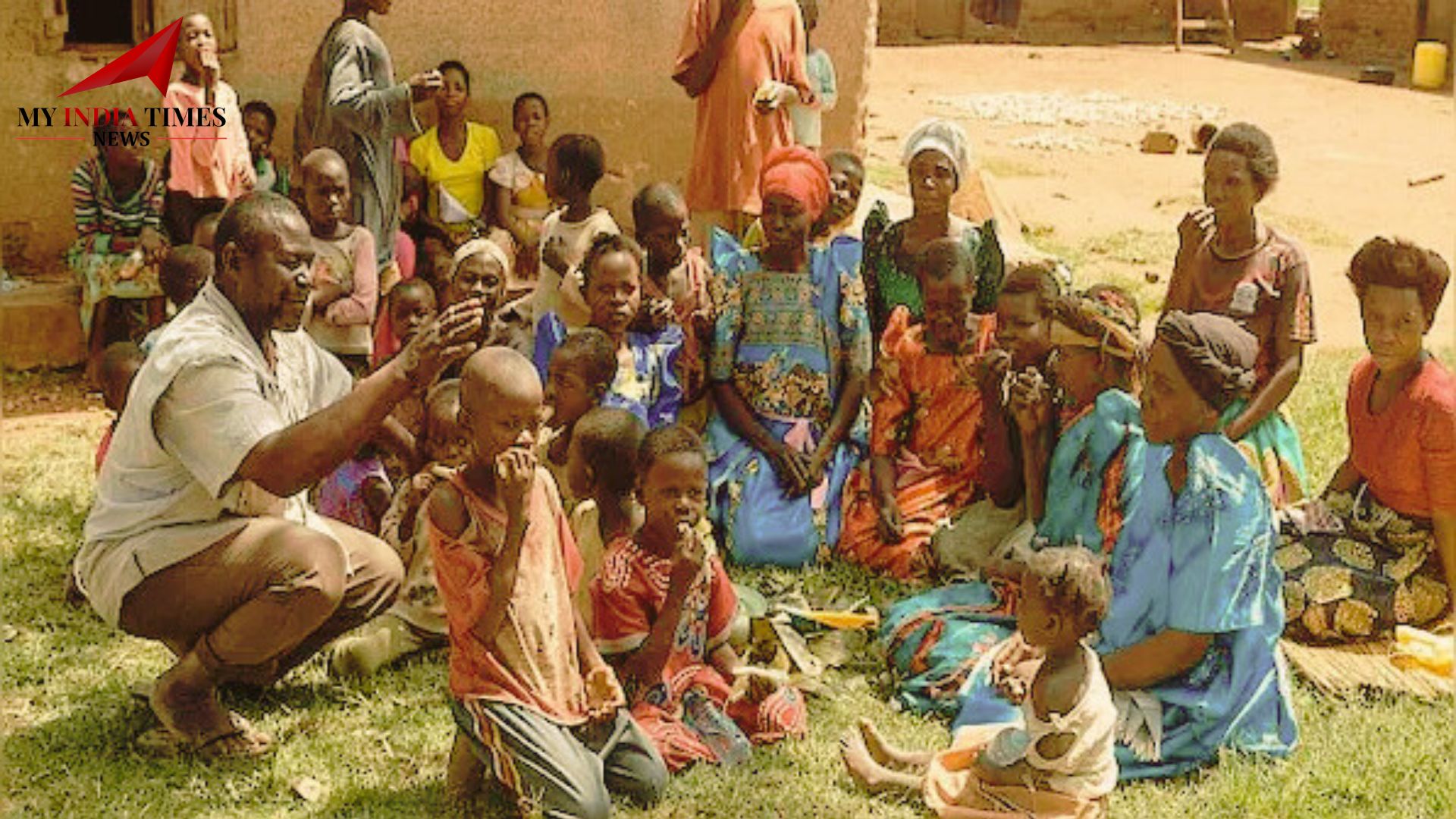
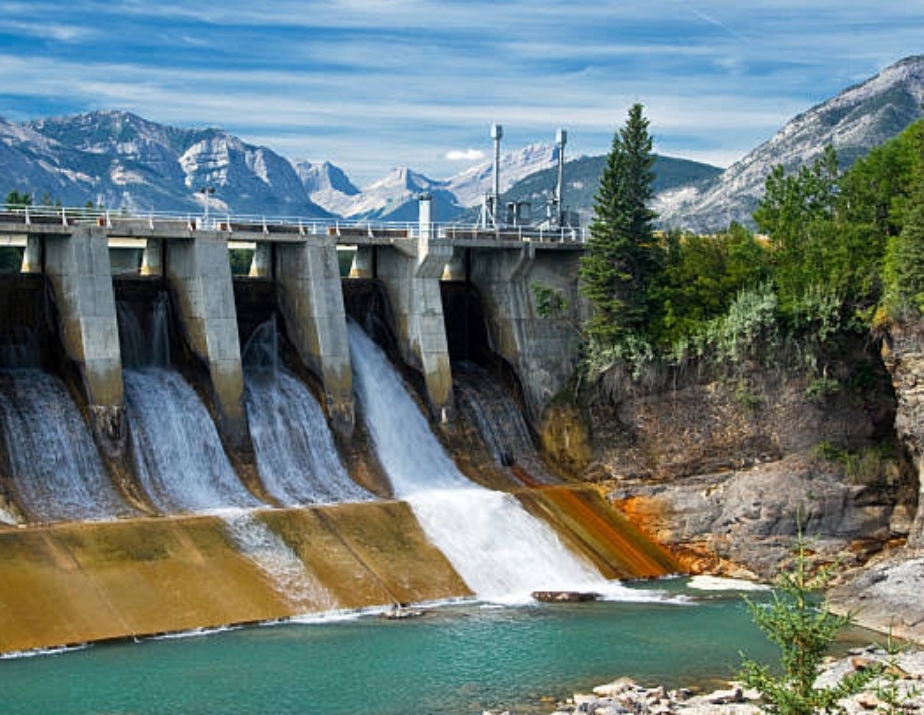

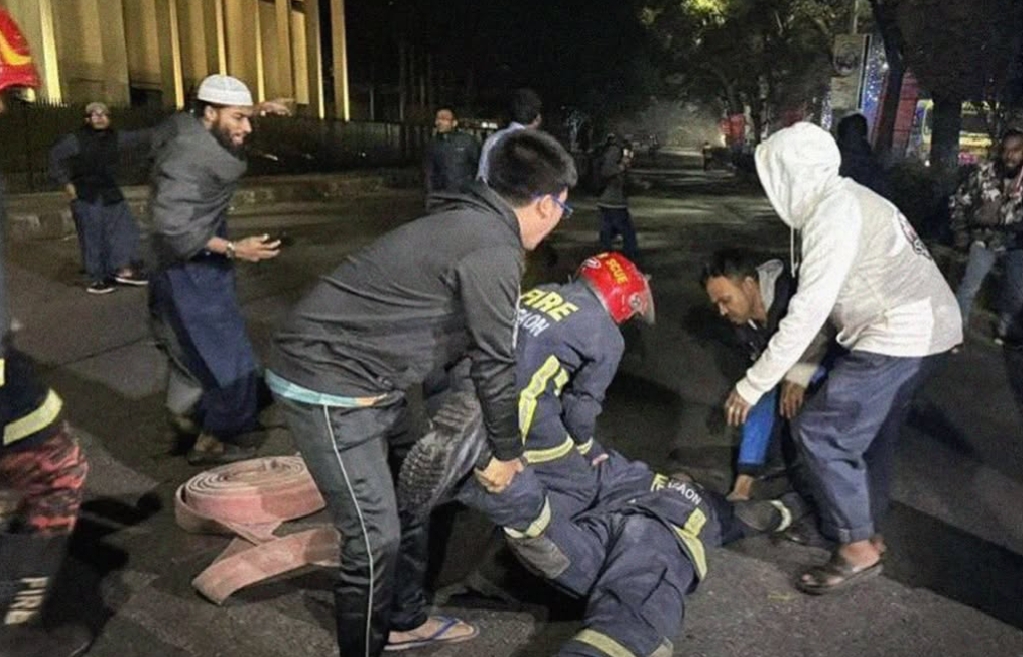




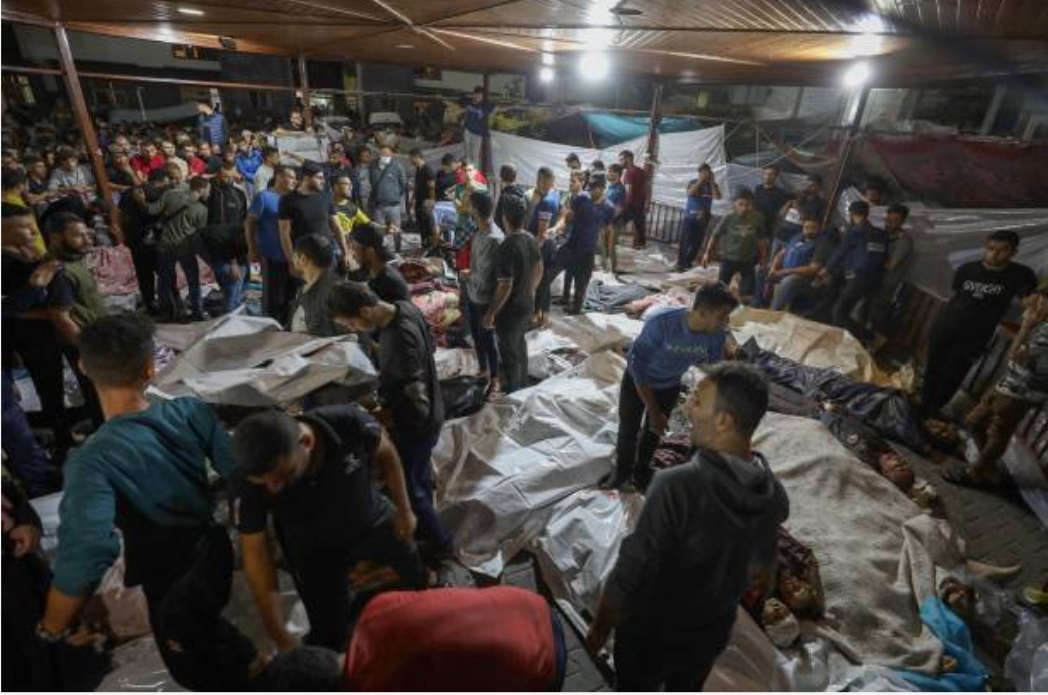












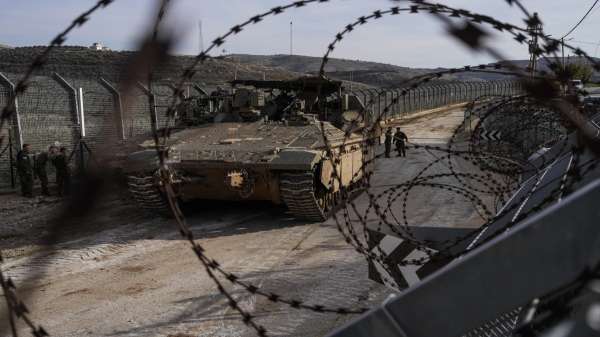
.png)








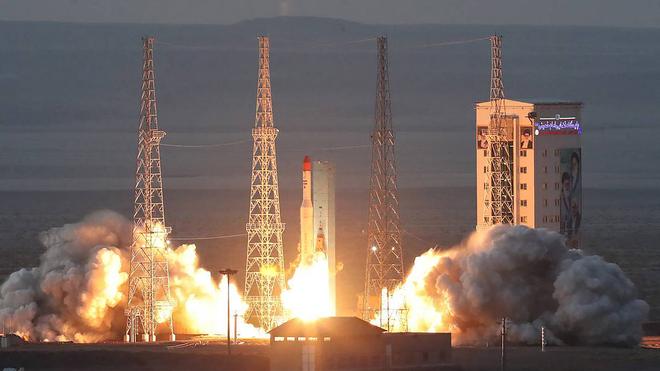





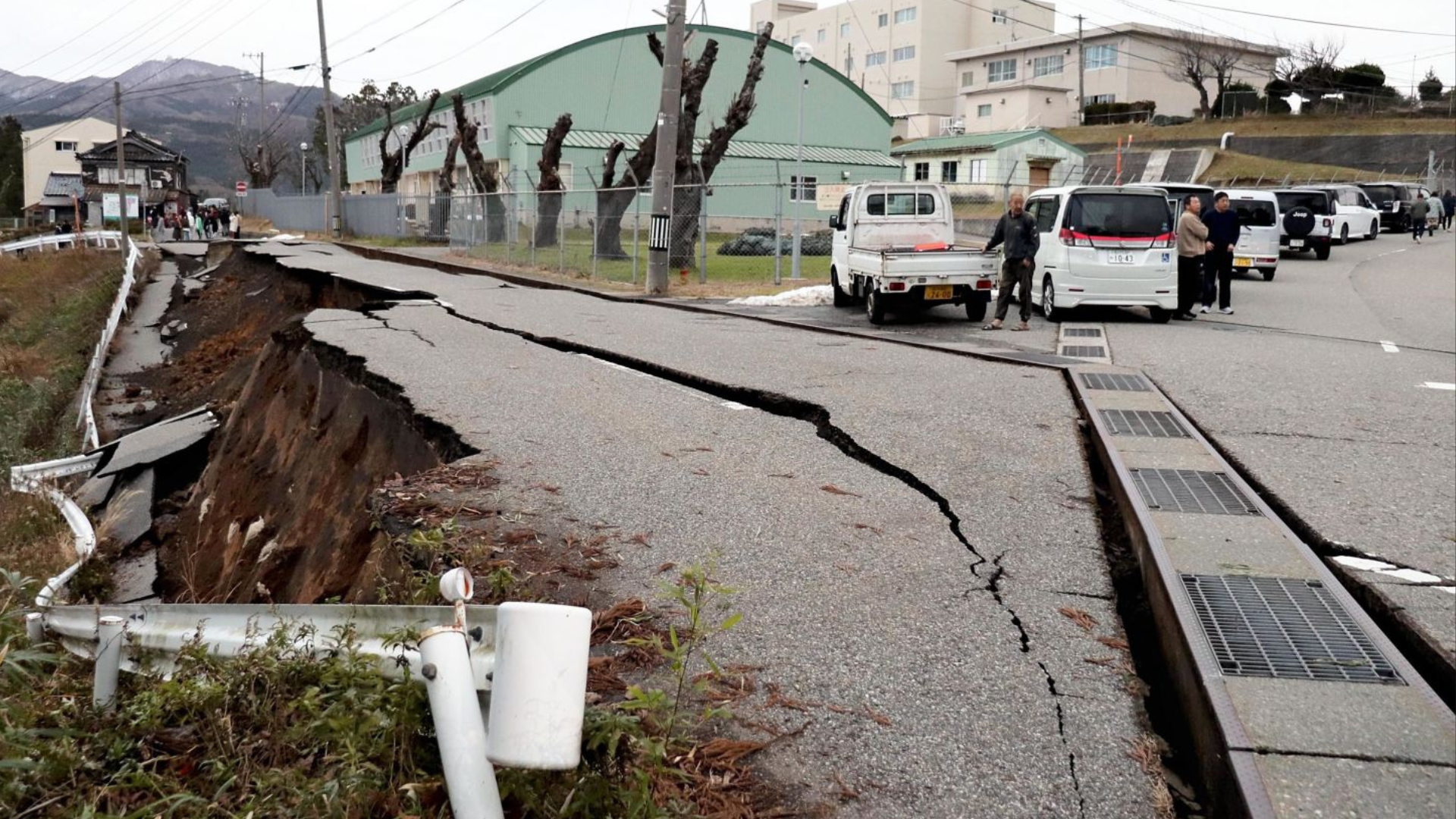


.png)

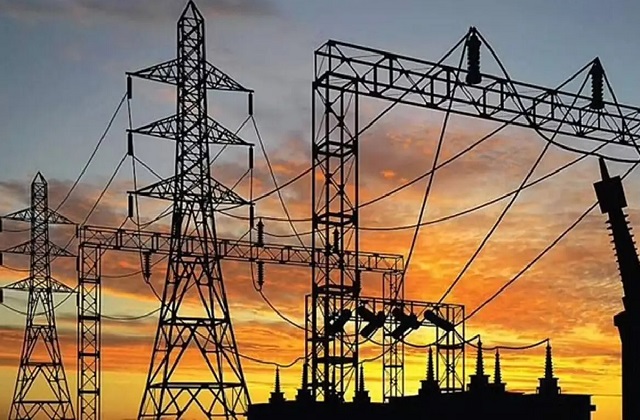
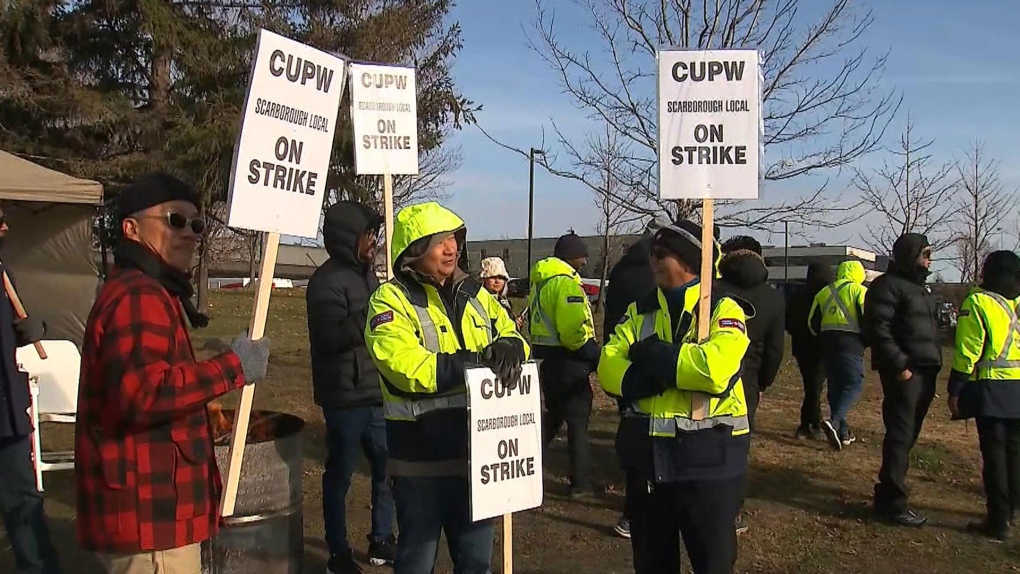

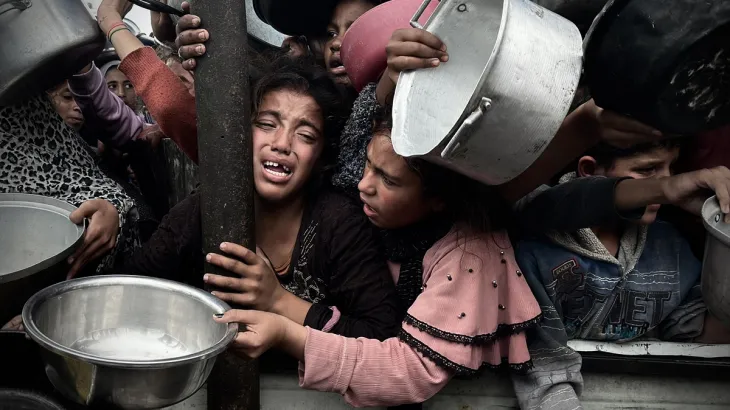

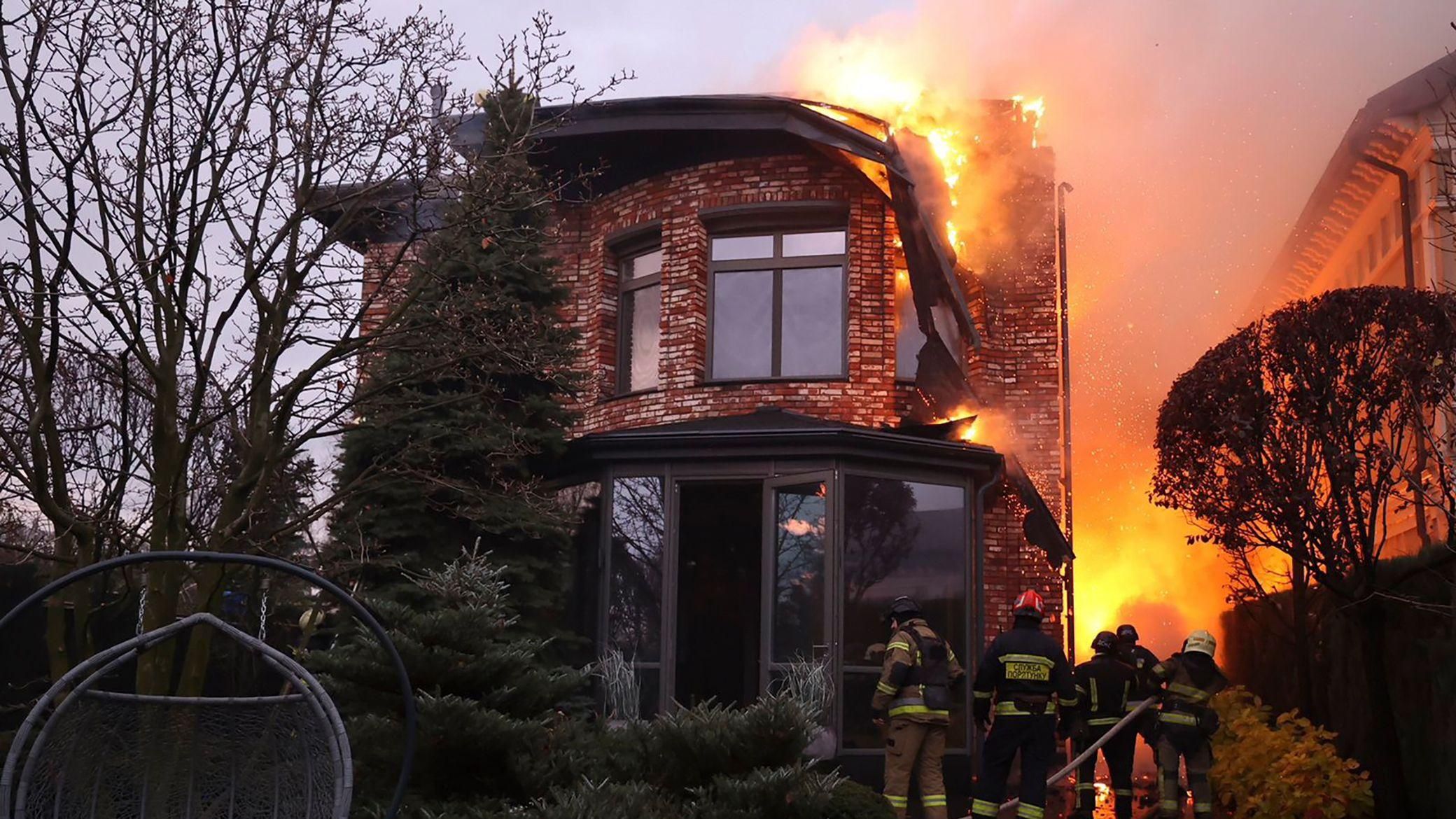
.jfif)
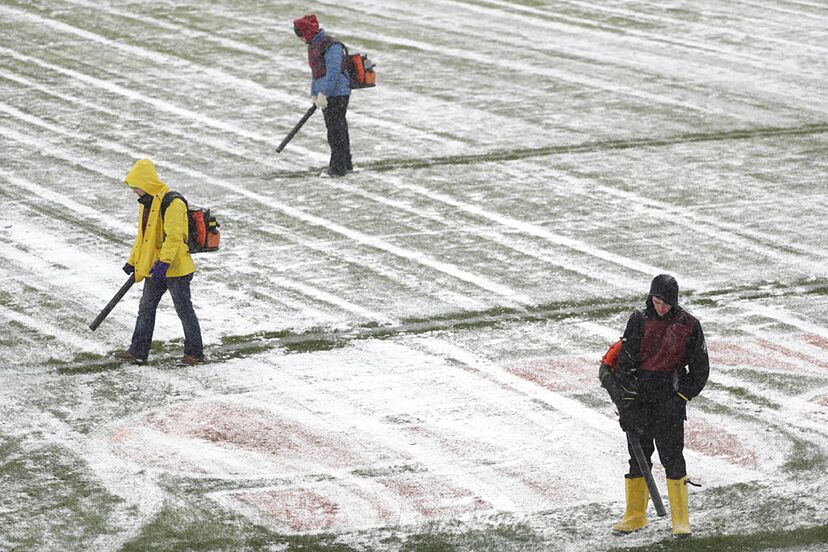


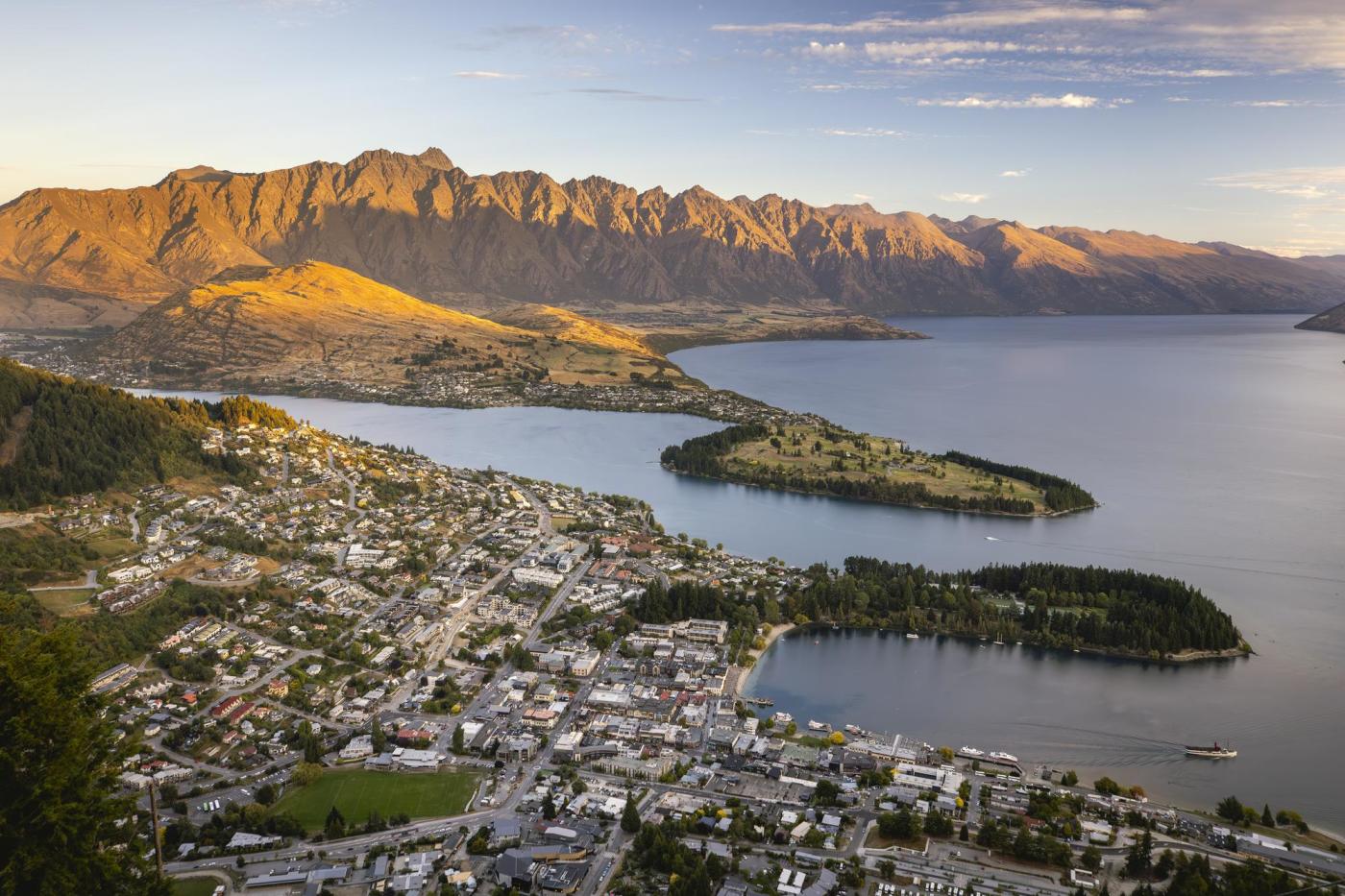


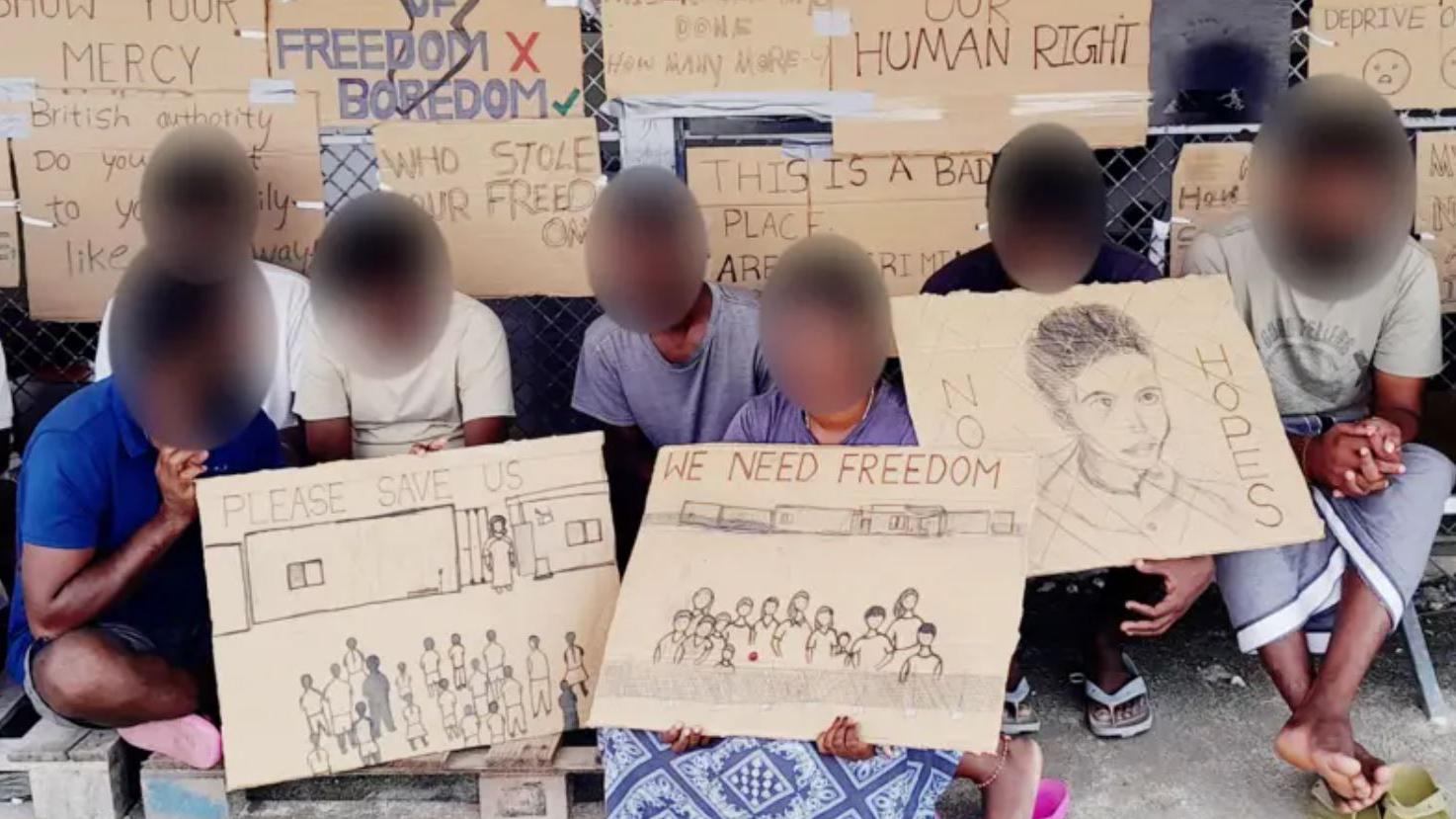
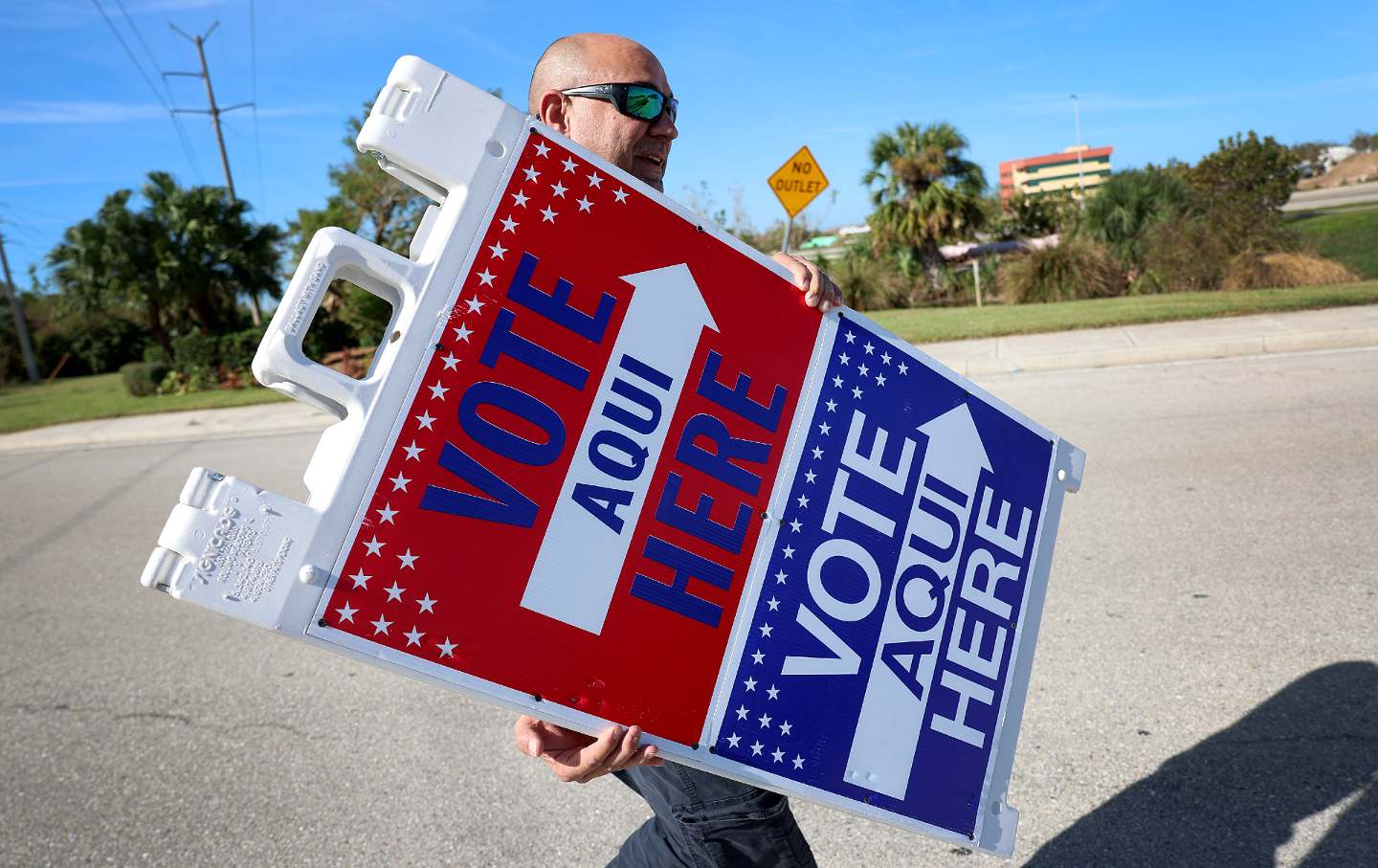































































































.png)
 (1).png)























